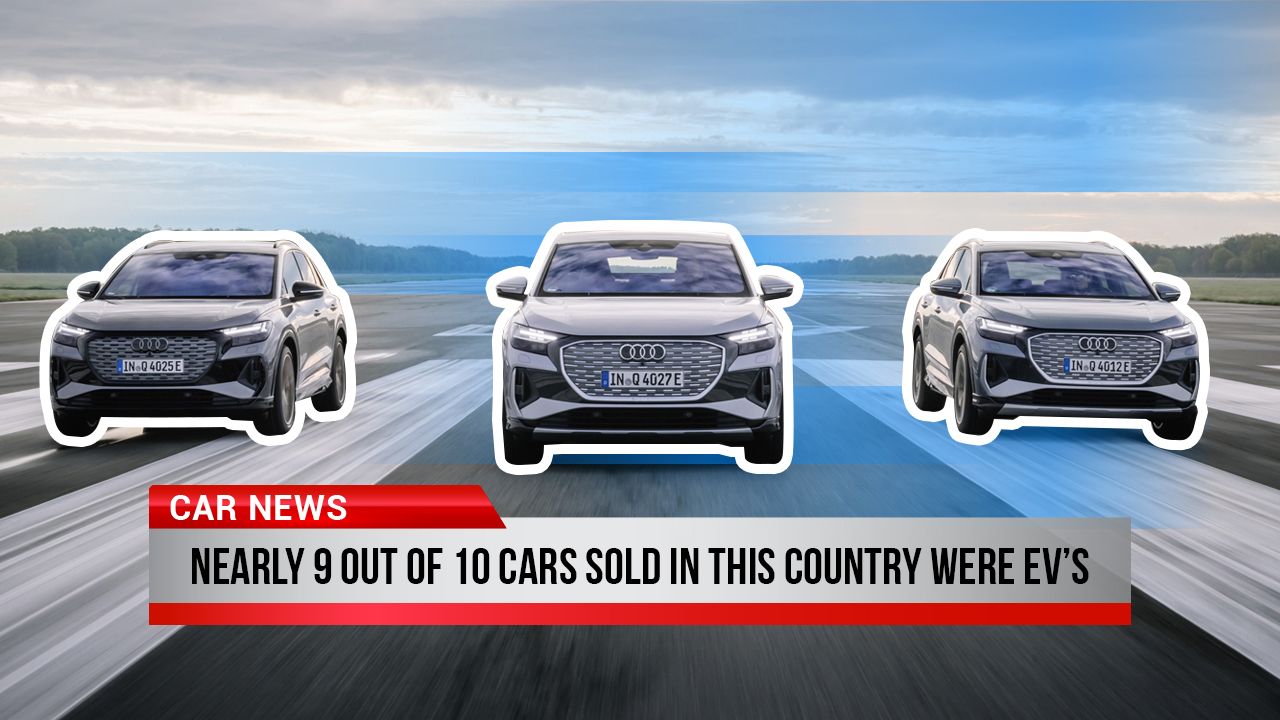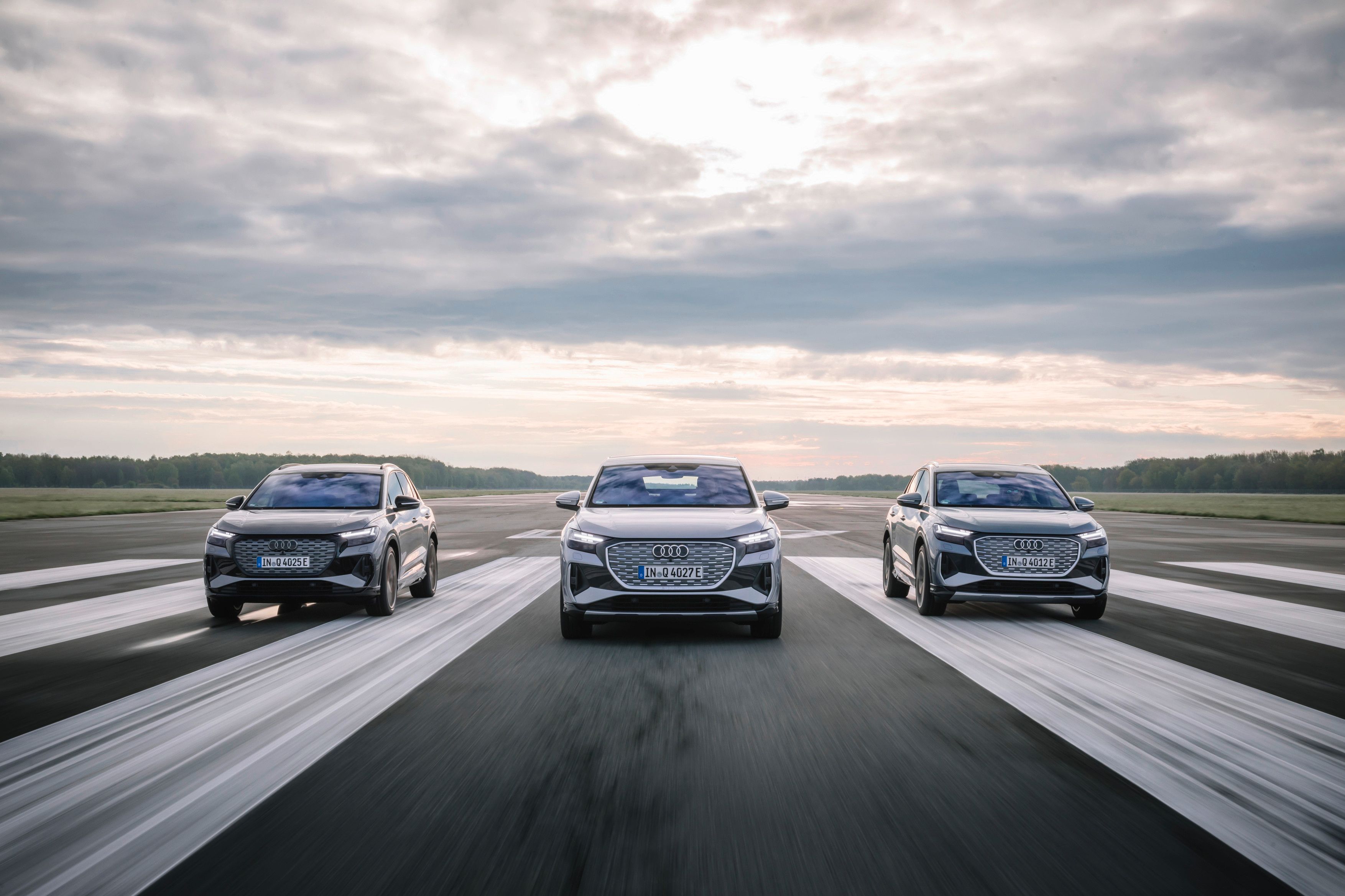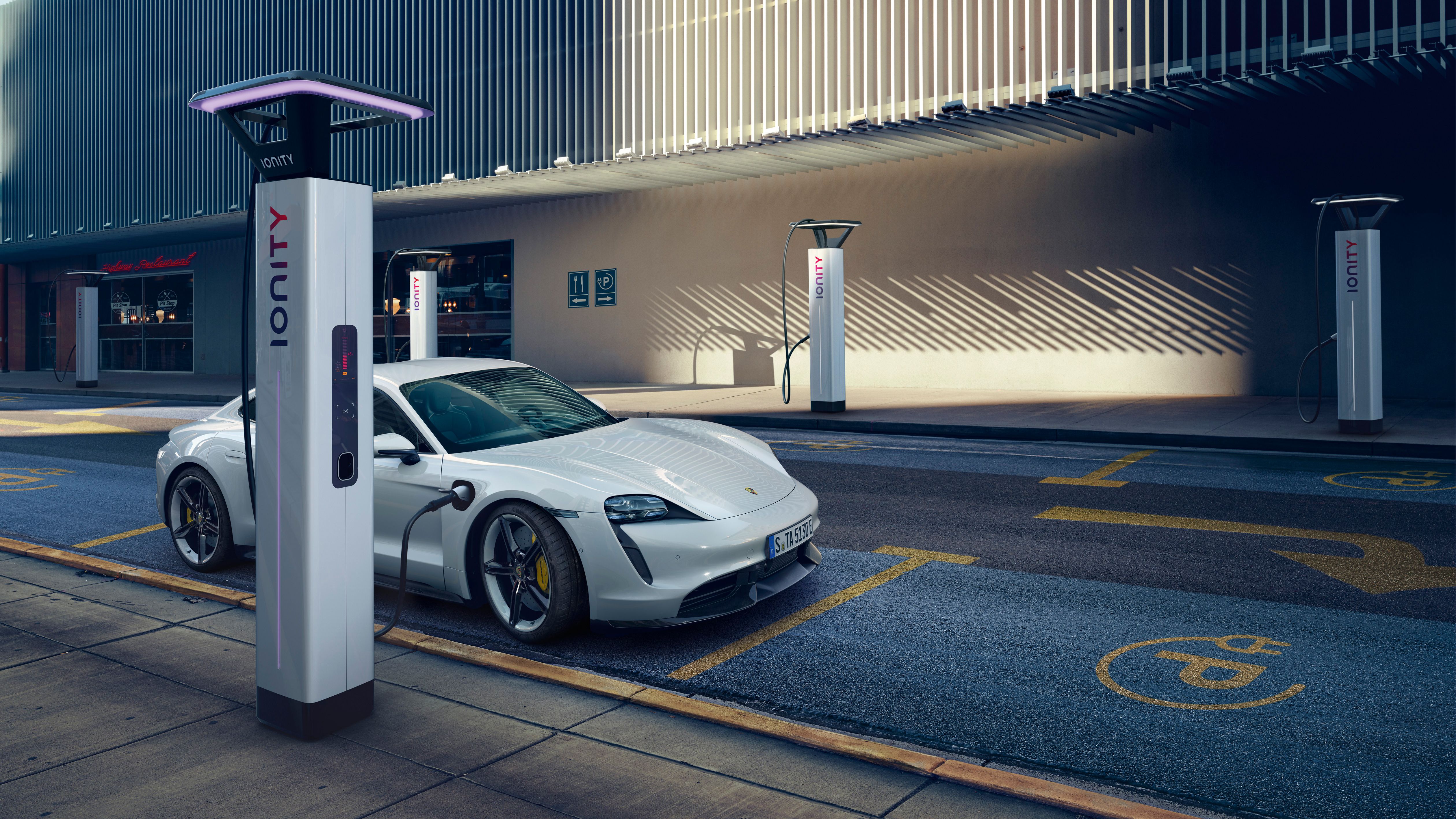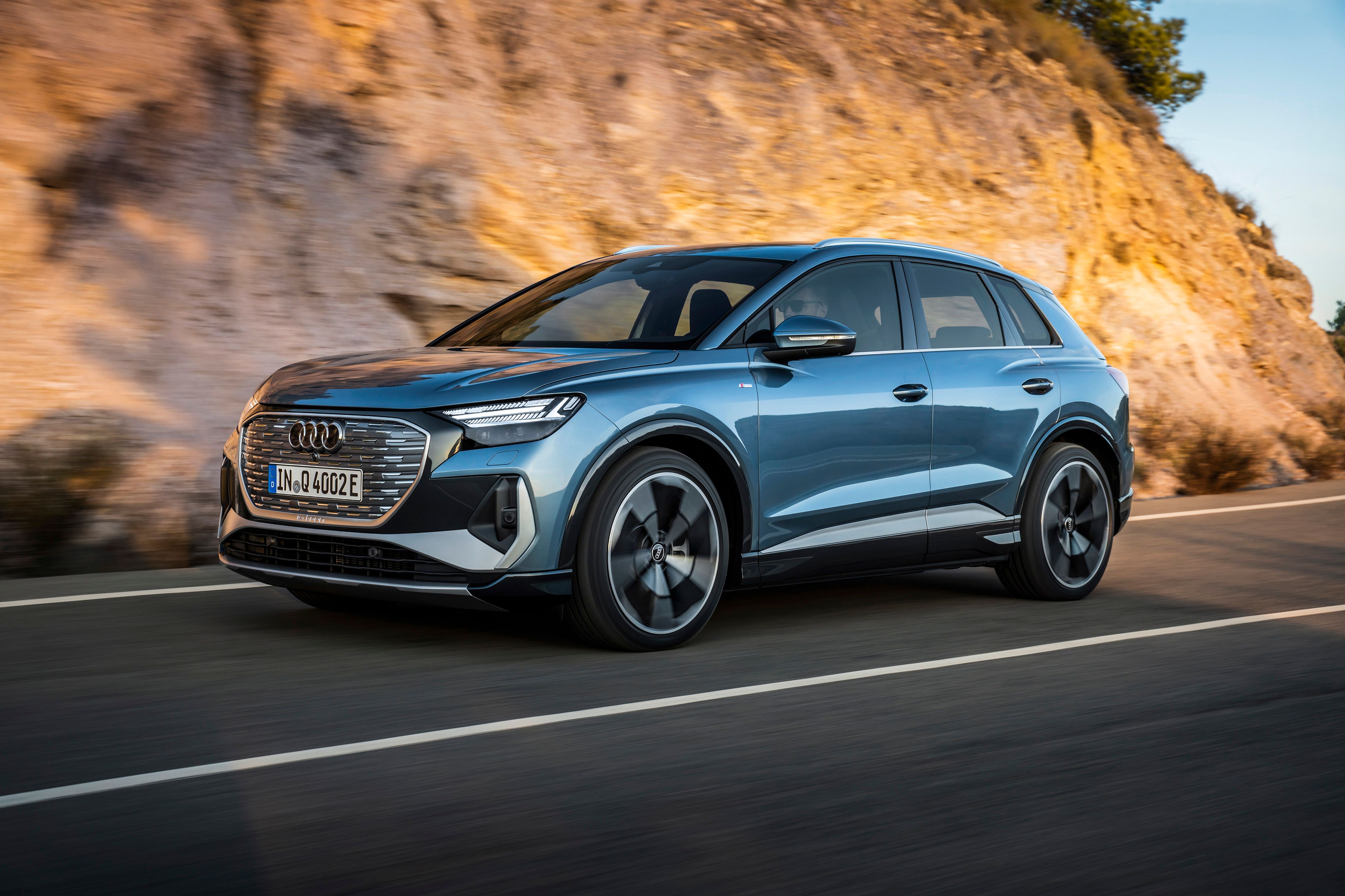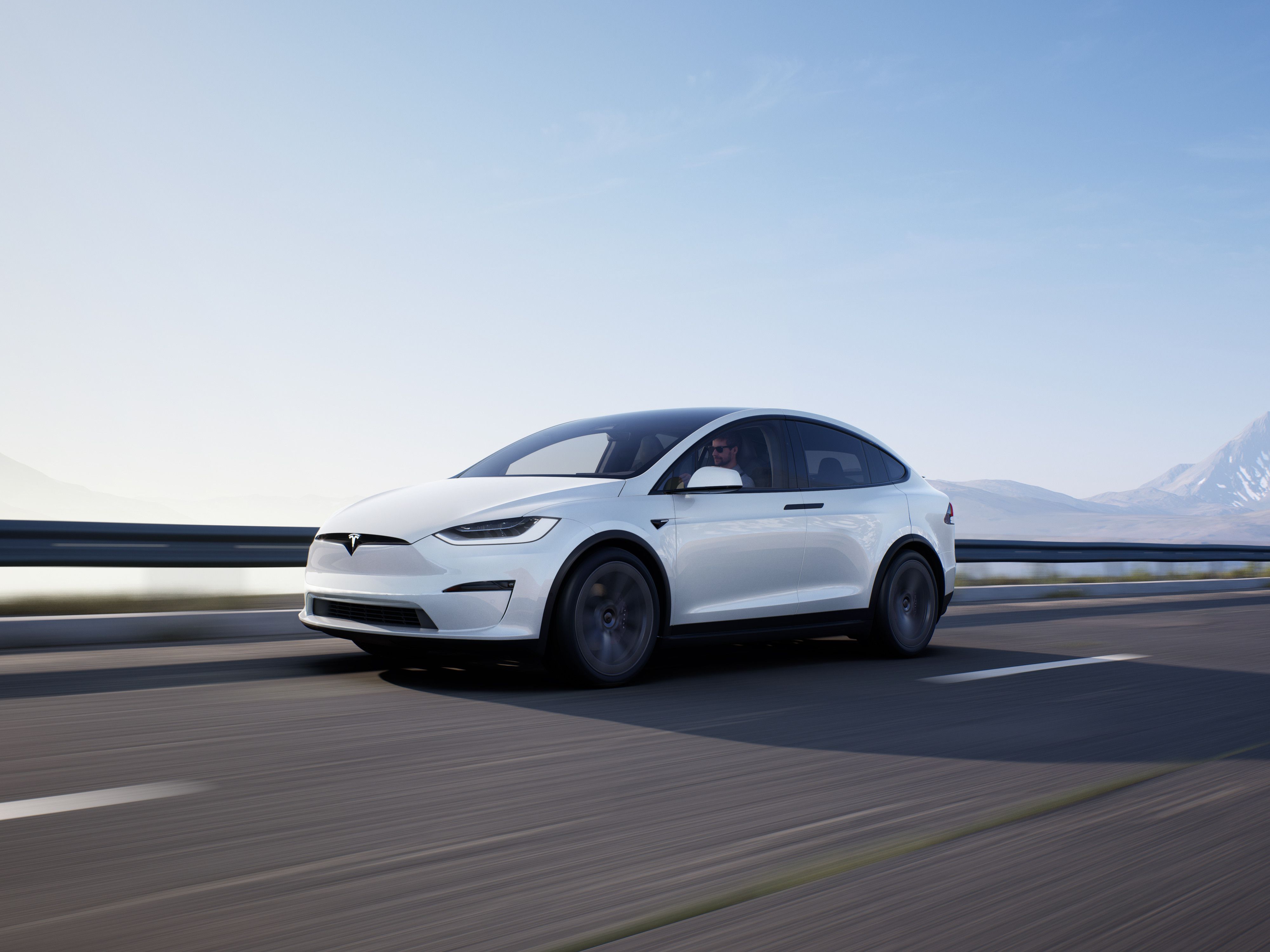Electric vehicle (EV) sales in the United States still represent a drop in the bucket. Based on the data released by Cox Automotive, 487,460 EVs were sold in 2021. While that only accounts for 9.7-percent of all the vehicles sold last year, that still represents a 79.9-percent increase compared to 2020. The situation for EVs is vastly different in Norway, however, where nearly nine out of 10 new cars sold last month were EVs.
It's not exactly surprising that Norway is the epicenter of EVs, but January's sales figures for the country highlight a number of surprises. Based on the data of the Norwegian Road Federation (OFV), 7,959 new cars were sold in Norway, and 6,659 of these are EVs. This means that they account for 83.7 percent of vehicle sales in the country. As such, nearly nine out of 10 vehicles sold in Norway are EVs. This represents a 30.7-percent increase compared to the same period last year.
6.8 percent of new cars sold in Norway were plug-in hybrids (PHEVs) while gasoline and diesel-powered cars are now a minority at just 387 vehicles. As a matter of fact, the Porsche Taycan outsold every single gasoline-powered car in Norway with 181 examples sold versus 175 for gasoline-powered cars.}
As for Norway's best-selling car? That would be the Audi Q4 e-Tron with 643 units sold, followed by the Hyundai Ioniq 5 with 477 units.} The BMW iX followed suit with 444 units, and then 389 units for both the Skoda Enyaq and Volkswagen ID.4. The only non-EV on the top 10 is the Toyota RAV4 Prime PHEV, which is in ninth place and sold 271 units.
As for the top five brands, Audi is in first place with 952 vehicles sold, followed by Hyundai with 704 vehicles sold. Volkswagen is next with 659, while Kia is at fourth with 616. Lastly, Toyota rounds out the top 5 with 576 vehicles sold.
Interestingly, Tesla, which is actually one of the most dominant brands in Norway, was absent not just in the top 10, but even in the top 20. This could however be attributed to supply issues.
The increased dominance of EVs in Norway can be attributed to the country's lowering incentives for plug-in hybrids. As mentioned, 6.8-percent of vehicles sold in January 2022 were PHEVs versus 19-percent in the same month last year.

